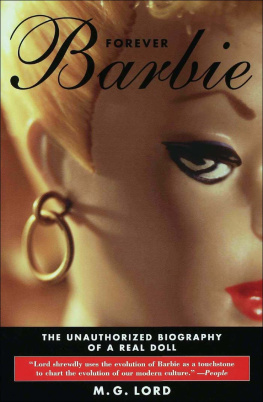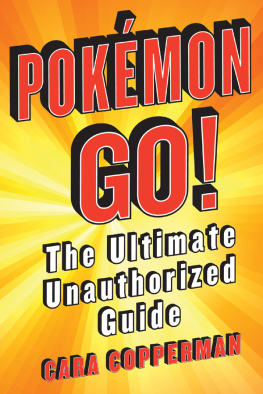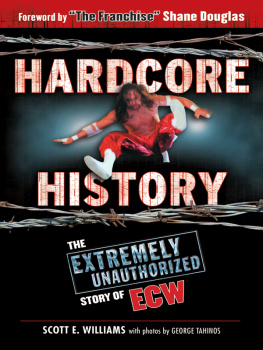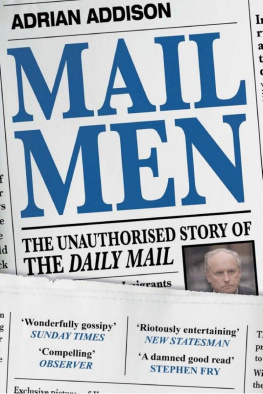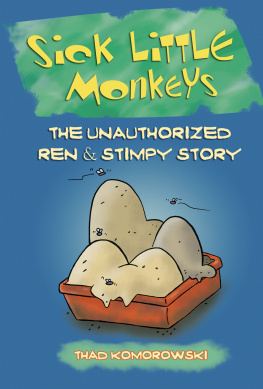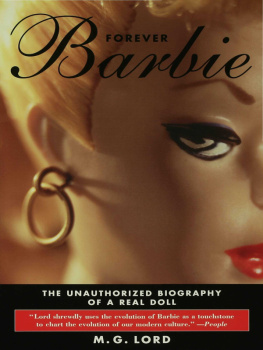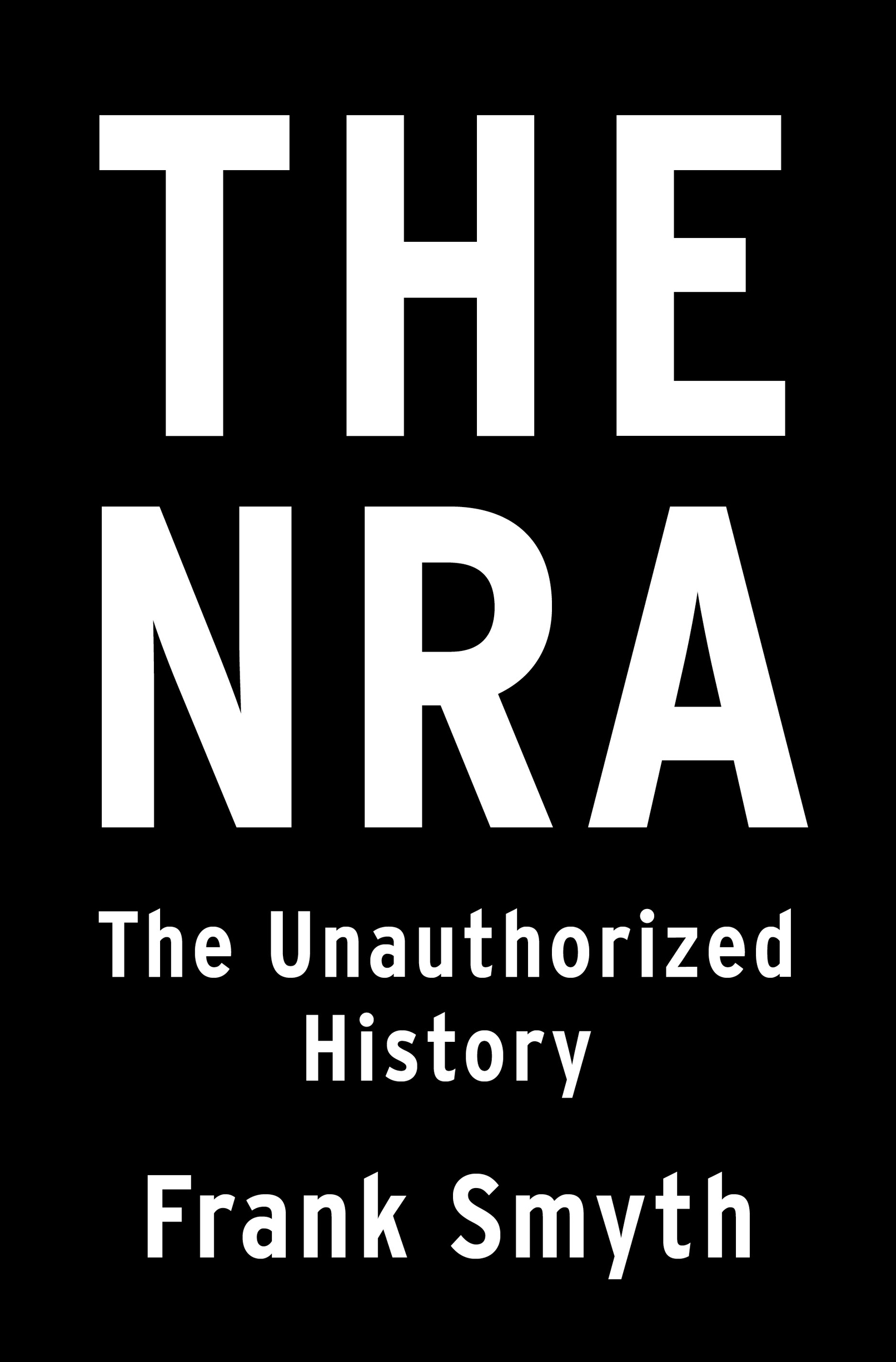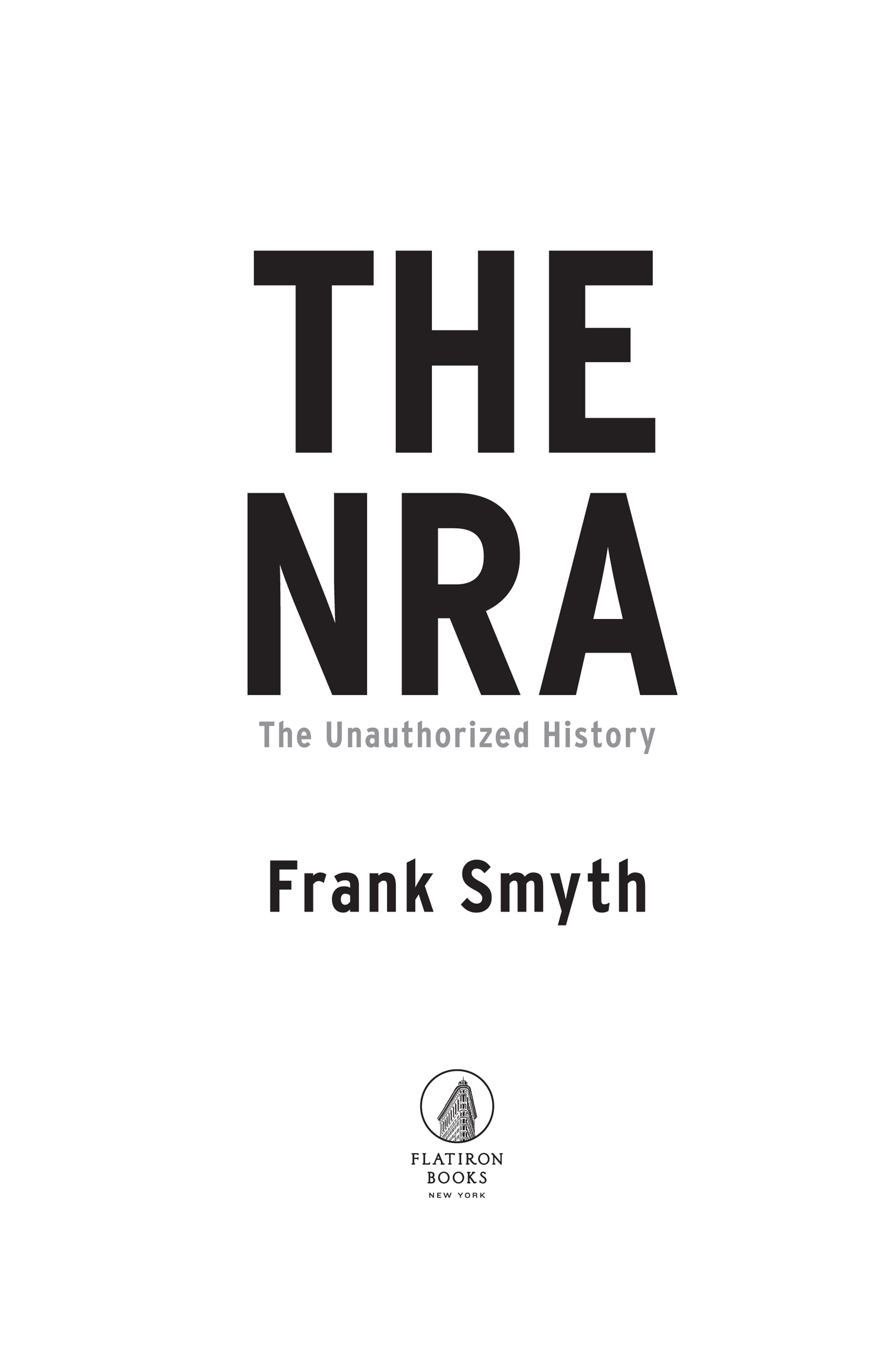The author and publisher have provided this e-book to you for your personal use only. You may not make this e-book publicly available in any way. Copyright infringement is against the law. If you believe the copy of this e-book you are reading infringes on the authors copyright, please notify the publisher at: us.macmillanusa.com/piracy.
The National Rifle Association of America has an exquisite heritage. It could be argued that the NRA is Americas strongest civic organization, if not also its most enigmatic. Few other nonprofit groups in the United States have lasted as long. Few founded before or since are so large in membership: today the NRA claims over 5 million members. And no other nonprofit group in the United States has wielded comparable influence on so many levels or enjoyed such extraordinary success in its aims.
The NRA is as old as Major League baseball, older than the American Red Cross, older than the Boy Scouts. It was founded in New York during Reconstruction, on the eve of Americas Gilded Age, with the mission to improve military preparedness in anticipation of future wars. For much of the twentieth century, the NRAs primary activity was hosting competitive shooting matches for National Guard, military, and civilian shooters, financed by government money and run by the NRA on its ranges. For decades the NRA also supported the regulation of firearms, from the first major federal gun law in 1934 to the second in 1968.
A few years later the NRA shifted [its] focus, to borrow the words of David Keene, who in 2013 became the first NRA president to give a speech in a major foreign powers capital, in Moscow. This shift, whose implications would have profound consequences in American life, can in fact be dated to the NRAs 1977 annual meeting in Cincinnatian event still known in NRA lore as the Cincinnati Revolt. Before Cincinnati, the nonprofit Association had a basic transparency to both the public and its membership. After Cincinnati, it became an organization of secrecy, where information is shared on a need-to-know basis and is concentrated at the top.
This closed culture has led the modern Associations leadership to rewrite the NRAs own history, crafting a new narrative that has served the organizations shifted focus. Many groups, like many people, tweak their past to polish their image in the present. But the NRA does this to an unusual degree. The Associations modern leaders have buried the very same history that their predecessors used to celebrate. The NRAs own two founding fathers, both famous men in their day (each of whom, as it happens, left a permanent stamp on New York City), are little celebrated by the group now, their accomplishments rarely evoked. To take another example from its forgotten history: just six years after the organization was chartered, the NRA became rifle champions of the world, beating the Irish champions on its home range outside New York City. The NRAs legacy, as will be seen in these pages, is rich in events that one might think it would burnish. But it doesnt.
Why wouldnt the modern NRA want to celebrate all those things? Why would the modern Association wish to leave buried so much of the treasure of its own rich history? Is it because to do so would be to say too much about the many leaders who helped shape the Association and lead to uncomfortable questions about what those leaders would think of todays NRA? Perhaps the NRA cannot afford the risk of opening the door to its own past lest the exhumation reveal how far the modern NRA has strayed from its origins.
One prominent NRA leader in the twentieth century was a man named Milton A. Reckord. A lieutenant general and a highly decorated veteran of three foreign wars, Reckord lived a long life. He served as executive vice president of the NRA, a title even more impressive than it sounds, as traditionally the EVP has essentially been the CEO of the Association. For a span of more than twenty-three yearsapart from a five-year leave of absence to serve during World War IIhe stood at the Associations helm. In fact, General Reckords tenure leading the NRA was surpassed only in 2014 by the Associations current CEO, Executive Vice President Wayne LaPierre.
At age ninety-four Reckord was interviewed in his home in Maryland over two days for an official NRA oral history. In it, the general explained many things hed seen and been involved in, including how the NRA had negotiated a compromise with lawmakers to establish the nations first sane, reasonable and effective gun control law.
This NRA oral history was never published. And the NRAwhich today runs a multimillion-dollar multimedia empirehas in fact never digitized its storied flagship magazine, the American Rifleman. However, back issues of this and other NRA monthly magazinesonce also available in optional leather bindersare traded on eBay. Large collections spanning decades are rare, but some date back over a century.
Thumbing through the American Riflemans pages is illuminating. Take two ongoing columns, launched sixty-nine years apart.
The Dope Bag is a regular column nearly a century old. To this day, this column still answers members questions about target and hunting small arms, hunting licenses, game guides, and kindred subjects, as it said upon the columns launch in 1922. The Fox gun you mention is one of the best duck guns made, began one early reply to a readers query. Today vintage issues of NRA magazines, especially with articles like Backwoods Gunsmithing and Handloading Ammunition, are coveted by collectors.
Standing Guard is a very different column. It has been penned by current NRA CEO Wayne LaPierre in the American Rifleman since 1991, when LaPierreafter a long, stormy voyagefinally secured the helm of the organization, which he had quietly sought for some time. In this column LaPierre has offered such views as There is no difference between Democrats and Socialists any longer. The same Democrats are threatening the bedrock values of our society, so to preserve our values and protect our freedom, America needs the good guys to step up like never before. These are sentiments one would struggle to find in issues from a much earlier era.
An aura of mystery surrounds the NRA and its leadership today. No other major nonprofit group in America is so cloaked in the dark. The modern NRA has long concealed its operations and spending, along with information about its bylaws and board. Its leaders have tightly managed the Associations elections, much like a communist politburo, to choose who is eligible to appear on the ballot, preempting potential internal challenges for control.
And this penchant for secrecy is borne out in the literature about the NRA. While there are hundreds of books addressing gun violence, gun control, and gun rights in the United States, few have ever dealt directly with the NRA. The modern Association limits access for journalists and academics. In fact, there are only two book-length histories of the NRA that have been published to date. Each one happens to have been authorized by the NRA itself.
NRA: An American Legend is the most recent official account of the Association, published in 2002 in collaboration with the NRA and its staff. An oversized coffee-table book of 304 glossy pages, its foreword was written by the late spy thriller author Tom Clancy. The book is now out of print.


